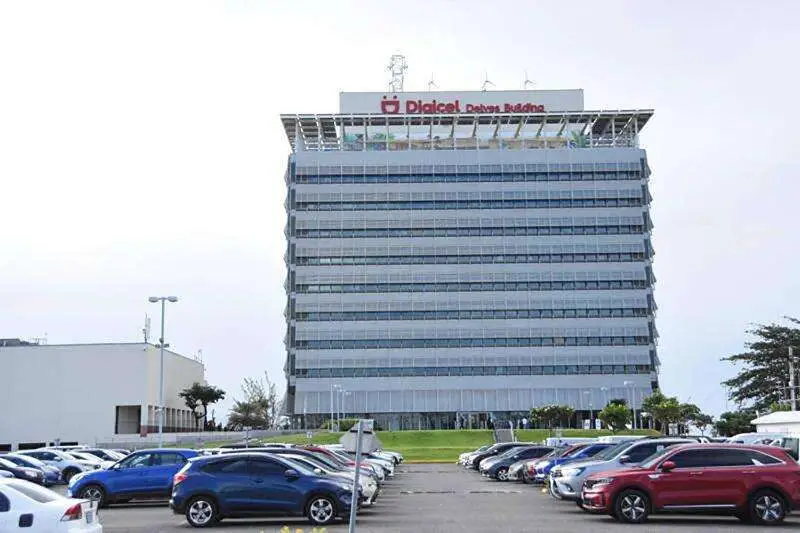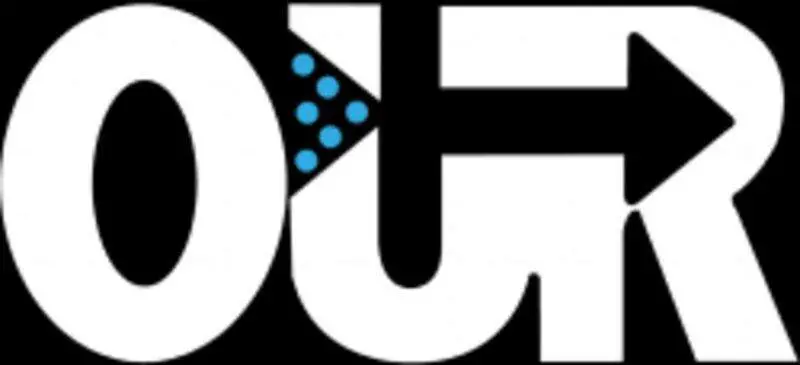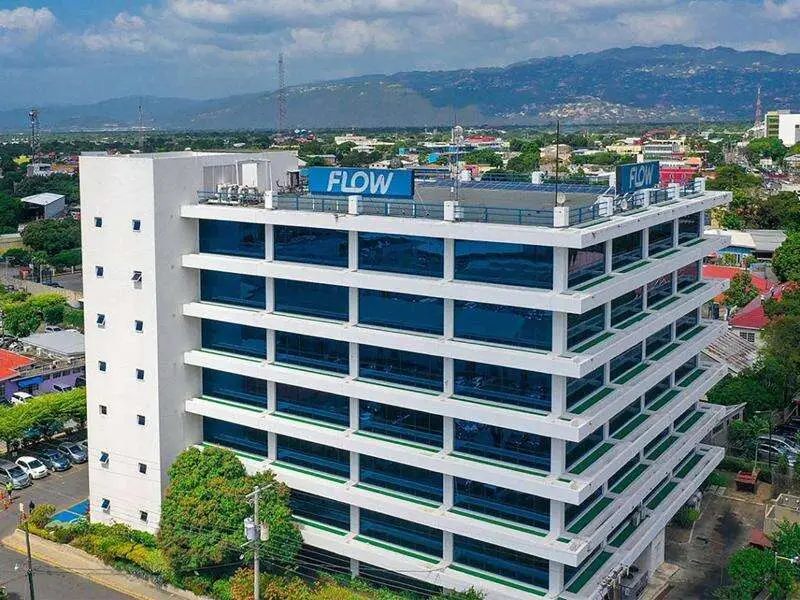
‘Not OUR purview’
THE Office of Utilities Regulation (OUR) has hit back at claims that it is not adequately monitoring telephone calls for tax purposes, saying its regulatory role does not extend to such monitoring and is instead the purview of Tax Administration Jamaica (TAJ).
The OUR’s response came in the wake of a recent critique in an article published in the Jamaica Observer in which Trevor Forrest, CEO for 876 Technologies, asserted that $48 billion collected in telephone call tax over the last decade could possibly be higher, if the regulator was adequately monitoring the number and duration of traditional telephone calls for tax purposes. The OUR however said it does not do such monitoring and has no express power to place equipment on the service provider’s network to monitor a per-minute levy/tax regime.
“While a part of the OUR’s mandate is the regulation of the telecommunications sector, our responsibilities do not extend to the management of the telephone calls tax regime, which by statute is within the purview of the Tax Administration Jamaica,” it said in response to queries from the Business Observer. “The Telephone Calls Tax Act indicates a self-reporting approach to the collection of those taxes. That is, applicable taxpayers (service providers or carriers) are required to furnish their returns and pay the applicable taxes. However, as usually stated in any other tax regime, the Commissioner General has the power to conduct an assessment where there are concerns with the returns filed by a service provider or carrier. If there are indeed concerns regarding under-reporting and by extension under-recovery of taxes, this is a matter for the Commissioner General,” it continued in its response.
It noted that while the telcos report to it on a number of matters, there is no requirement from the OUR for them to generally report on the number of voice calls based on the type of mobile or fixed technologies used to make the calls. It acknowledged however that with the rapid development of communication technologies and their widespread use, traditional voice calls, from which the tax is collected, are also declining.

“The decrease is primarily attributed to the increase in Over the Top (OTT) calls made possible by the significant increase in smartphones and the development of mobile technologies [3G, 4G and now 5G] which facilitate those calls. Globally, telecoms operators are adapting their business models, and it is recognised that the regulatory models also need to adapt to maximise efficiencies and deter call bypass, which has proven to be quite difficult,” it pointed out.
The telcos also distanced themselves from any suggestion that they could be under-reporting telephone calls in order to pay over less taxes than would be due.
“We make quarterly returns to the OUR based on the performance of traditional voice call volumes over the review period,” Digicel Jamaica told the Business Observer. “This aspect of reporting is separate from the telephone call taxes on local and international calls that we collect on behalf of the Government of Jamaica, and pay over monthly to Tax Administration Jamaica(TAJ),” it continued.
Its rival Flow was equally scathing in its response to the assertion.

“As part of a publicly traded company, Flow abides by the highest standards of integrity in our reporting requirements to the Government. Regarding the tax in question, we self-report based on the agreed formula with Government which considers a proportion of free calls. This is similar to the international standard in the global telecommunications industry. We have a very high level of confidence in the information we provide, since our financial and operational systems are subject to routine professional local and international audits, and we are always compliant,” it said, hitting back at suggestions that it could be under-reporting telephone calls.
Both say as part of their regulatory requirement, they routinely report call traffic by call types, revenues and the total number of subscribers served by their network and added that the TAJ, which collects the taxes on behalf of the Government, has the authority to double-check any information that is provided.
“We utilise advanced audit analytics and industry-leading automation systems that constantly monitor and interpret traditional voice call volumes for both revenue assurance and tax obligation purposes. These systems deliver results with a high level of precision, thereby giving us added confidence in what we report to the TAJ. As such, we have never had a request from the tax authorities regarding secondary verification of our submissions,” Digicel said in response to questions about whether the tax authorities have ever expressed concerns that telephone calls are being under-reported.
“There have been no concerns, expressed or otherwise, about the integrity of the information shared,” Flow said in defence of its integrity. “We have fully complied with the requirements of the Government to calculate and pay over the telephone call tax. The TAJ, should they require, can audit our records as it is within their right to so do.”

It castigated the insinuations put forward in the Business Observer article as “very concerning”, adding that “in a market with a steady decline in international incoming call traffic, and a proliferation of voice-based applications, we can expect to continue to see the decline in domestic call traffic in the future”.
But for the OUR, if the concern is that the telcos could be under-reporting revenues in order to pay less taxes, “then a more effective remedy would be to change the subject of the levy/tax”.
“As early as 2004, the OUR had indicated that a per-minute levy/tax would not be sustainable. In its Recommendation to the Minister of Commerce, Science and Technology on Universal Service, the office recommended that all operators (carriers and service providers) should contribute to the Universal Service Fund from their revenues, net of interconnection and/or lease line payments. One of the bases for the recommendation was that such a regime would be less likely to be adversely impacted by changes in the way telecommunications services are delivered, for example the shift to IP-centric services.”
But Flow was hands-down against expanding the taxes to broadband data.
“While some may posit the imposition of taxes on broadband data usage, Flow does not support that move. The current call tax introduced by the Provisional Collection of Tax (Telephone Tax Order) 2012 was meant to be a temporary one, yet it has become permanent burden on an already highly taxed customer base that pays a 25 per cent GCT on handsets, calls and telephone cards as well as 16.5 per cent GCT on Internet and data services.”





















